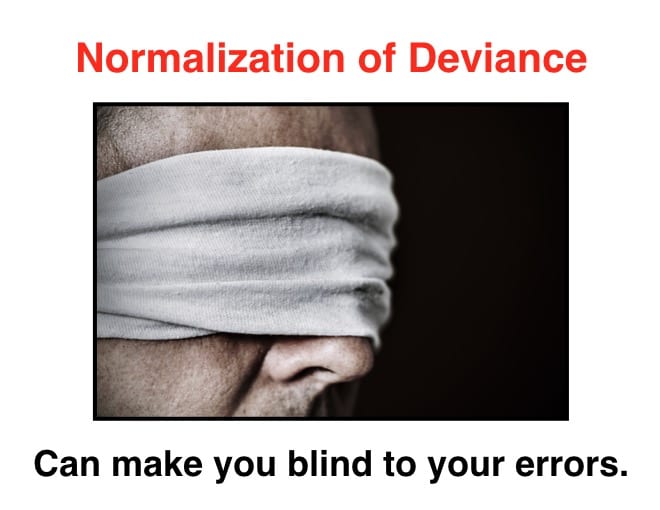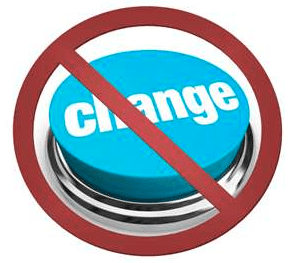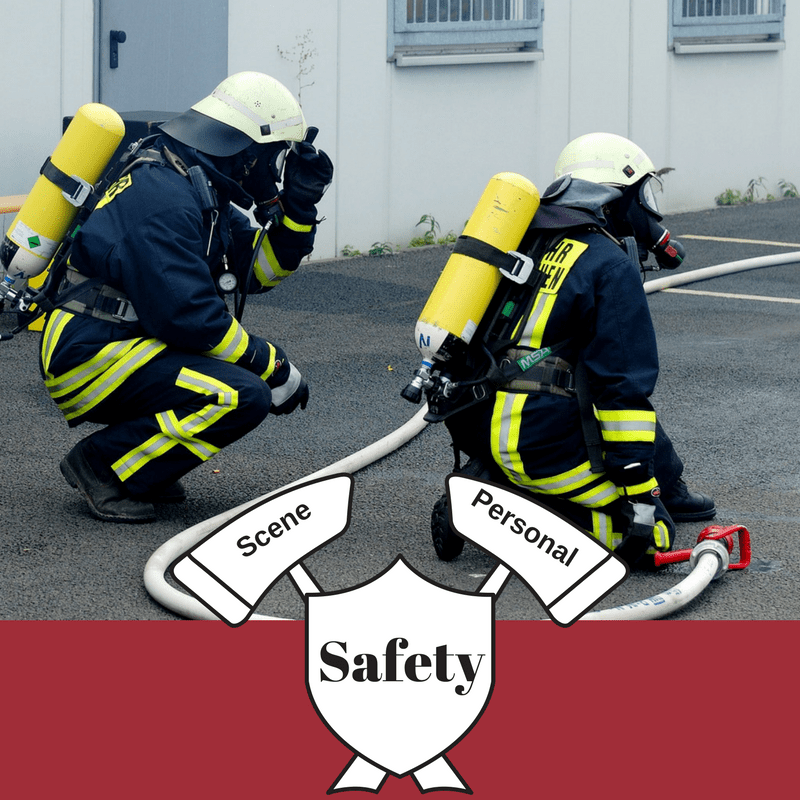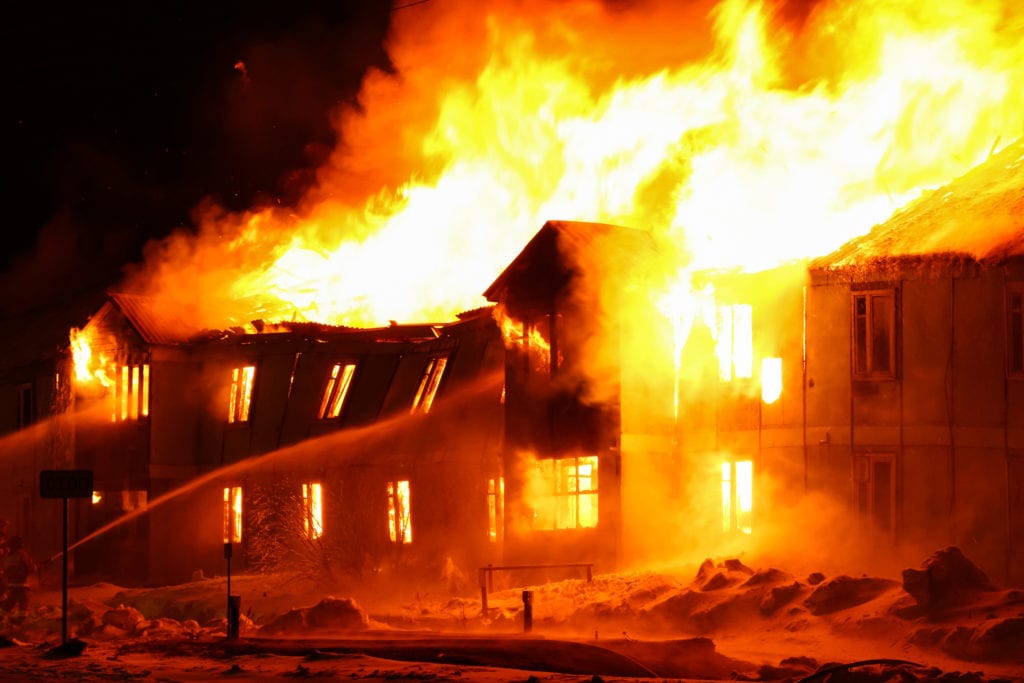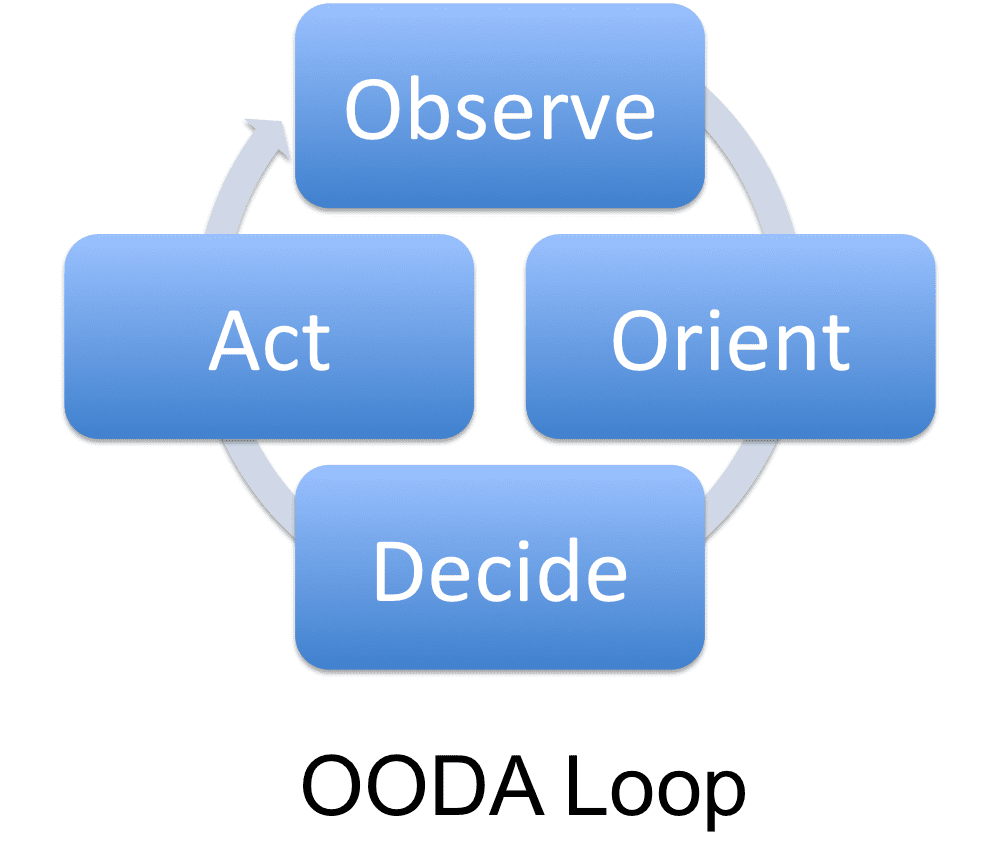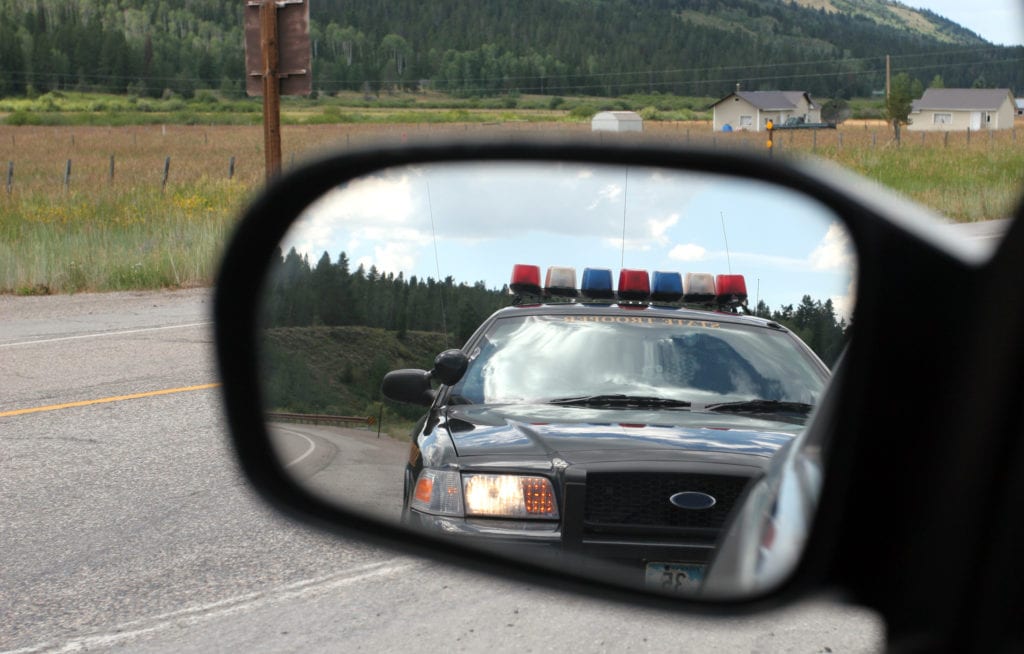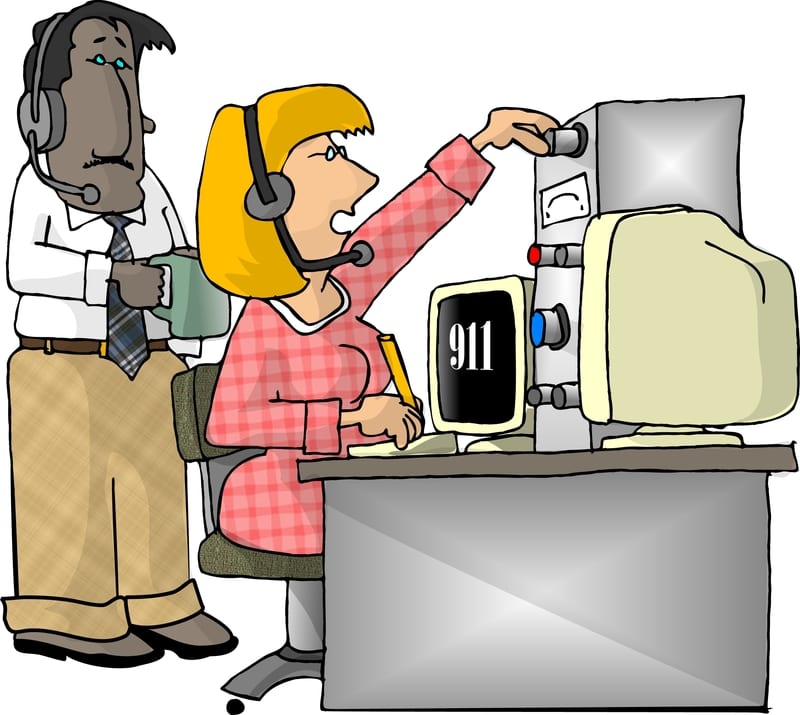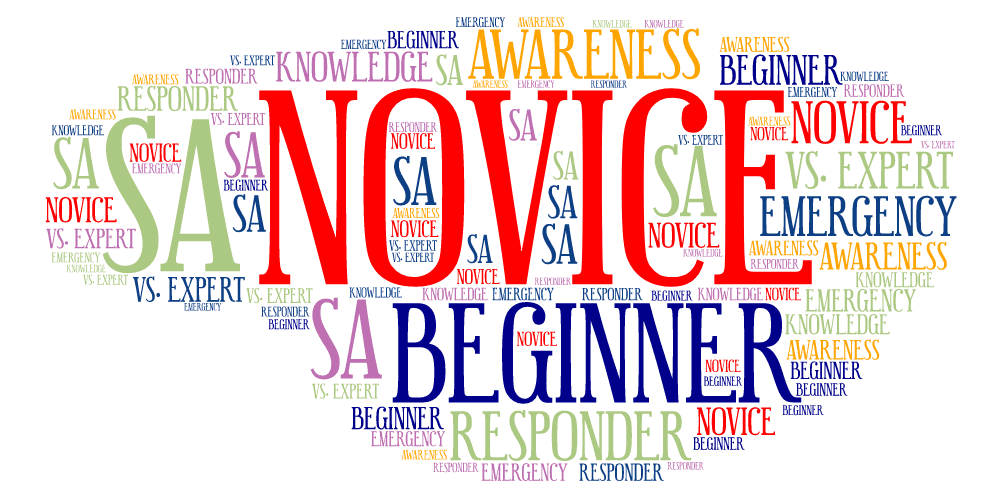Episode 203 | Normalization of Deviance
When we are operating under conditions of stress and consequence, coupled with changing conditions and time compression, we can feel a sense of urgency and this can cause us to want to take a shortcut from safety best practices. Length: 29 minutes click the YouTube icon to listen __________________________________________________ […]
Episode 203 | Normalization of Deviance Read More »

